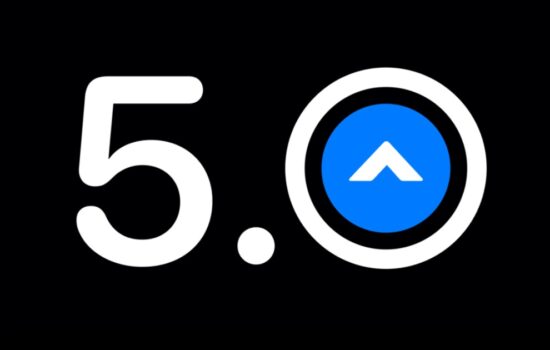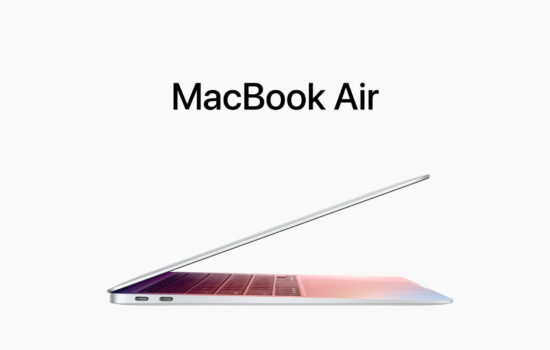Last month, Apple made the announcement that it was discontinuing the iPod Touch, putting an end to the iPod at Apple.
This was made even clearer yesterday during the company’s keynote during its WWDC presentation where it unveiled the newest features of its mobile operating system, iOS 16. One notable aspect of it was when the supported devices were shown, the iPod Touch seventh generation, the newest and last version of the device, did not make the cut.
That was later proven on Apple’s official page for iOS 16 that did not have it listed there either.
However, chances were pretty high that the device would still have not made the cut for iOS 16, as both the iPhone 7 and iPhone 7 Plus, which had the same A10 Fusion processor as the iPod Touch seventh generation, were two other older iPhones that were not on the list of supported devices for iOS 16.
To make things even more interesting though, both the iPad sixth and seventh-generation have that same processor and are currently on the list of supported devices for the upcoming iPadOS 16, according to Apple.
What are your thoughts on the true end of the iPod Touch from the Apple product lineup and its now lack of support for the newest version of iOS? Comment below or let us know on Twitter at @appleosophy.









Unfortunately. The true end of the iPod Touch from the Apple product line, does not support the latest iOS version supported devices for iOS 16
Thank you for writing a good article, you worked very hard to bring good information to us
iPod touch is a low-end device with low RAM. It also has the 4-inch screen, and the other device with 4-inch screen that was supported through iOS 15 is iPhone SE (2016). Apple probably wanted to consolidate at 4.7-inch screen (iPhone 8 and 2020 or later SE) as the smallest screen supported by iOS going forward. Apple will continue to provide security updates to iOS 15 for a few more years, so those older devices (last iPod touch, iPhone SE, iPhone 6S, iPhone 7, and iPhone 7 Plus) will keep doing what they have been doing. It’ll actually be a good thing to not stress them (and their users) with recurring iOS updates during the initial release period.
This will happen sooner or later